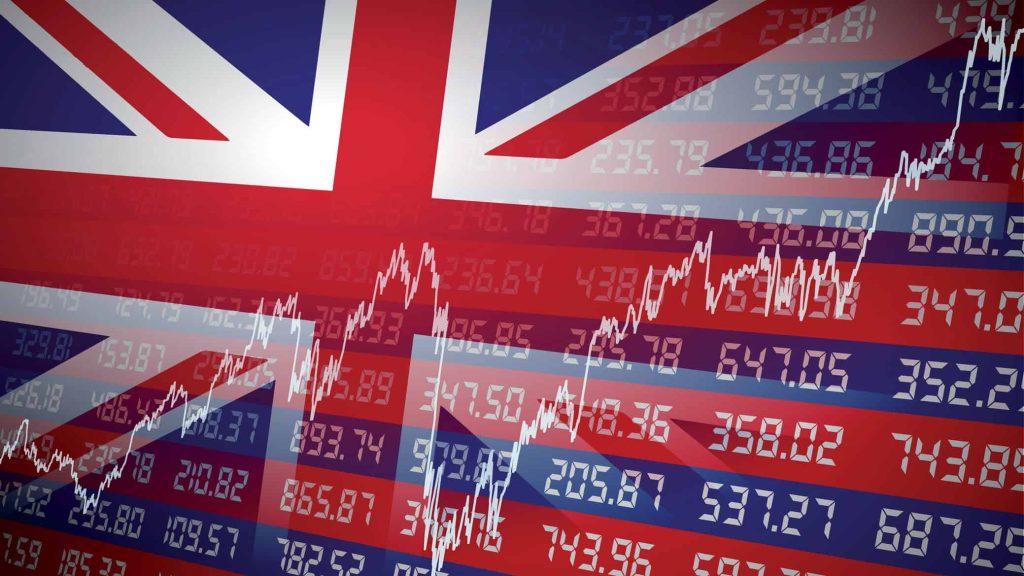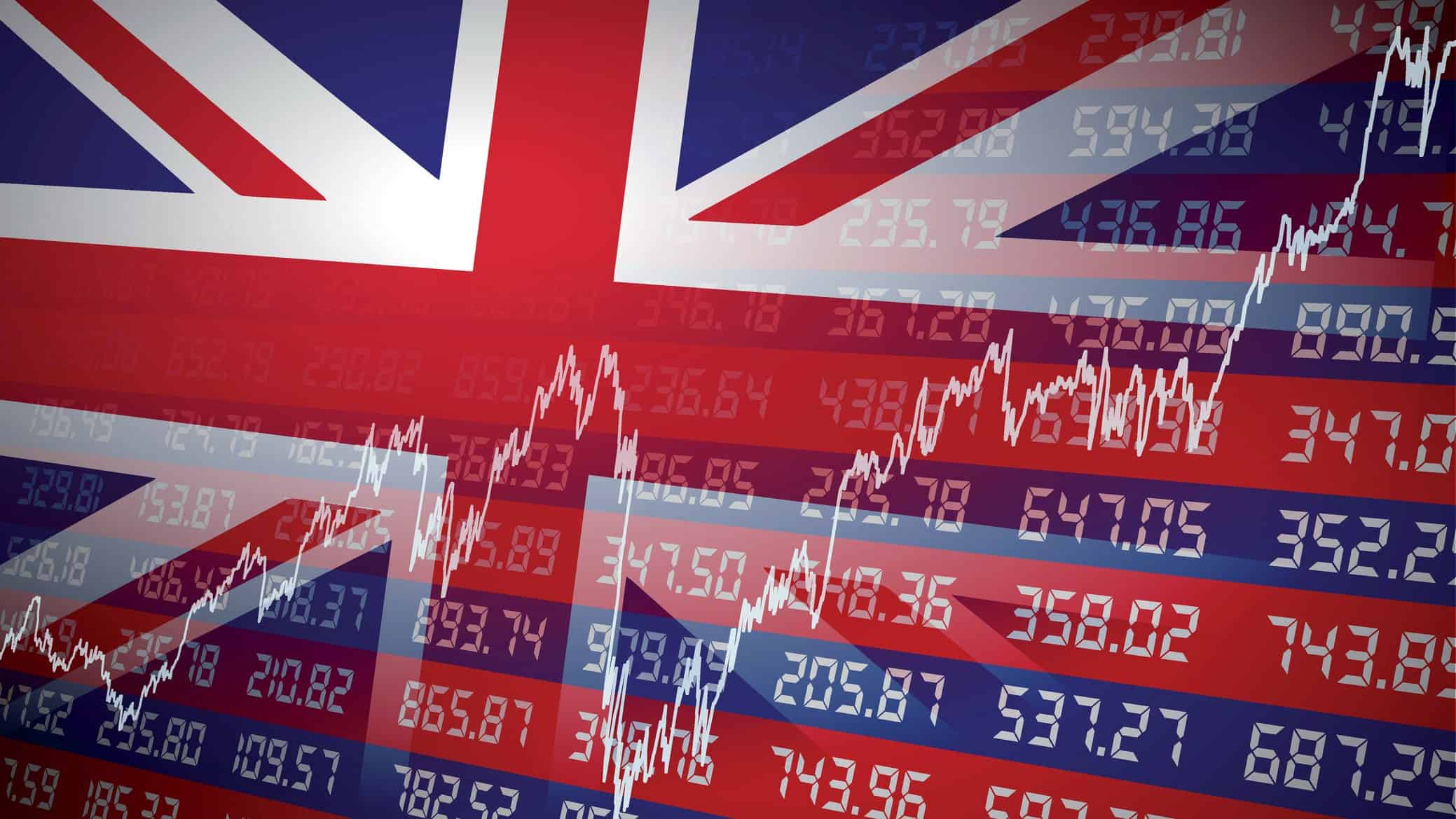£5,000 invested in Shell shares 6 months ago is now worth…


Shell (LSE:SHEL) shares are up 120% over 30 years. Thatâs really not a huge gain when you consider the stock is actually near an all-time high.
Over a similar period, ExxonMobil shares are up 650%.
Shellâs underperformance against an American peer is clearly disappointing. It represents several things.
ExxonMobil has enjoyed the benefits of US shale, lower taxes, and a more focused strategy centred on hydrocarbons.
Shell, by contrast, has faced higher European regulation, a weaker pound, and expensive diversification efforts like the BG Group merger.
Its 2020 dividend cut also undermined investor trust.
While Shellâs total return looks far better when dividends are reinvested, Exxonâs consistent buybacks, dividend record, and capital discipline have driven far superior long-term share price growth.
What about the past six months?
Most stocks are up over six months â because April 3 marked Trumpâs market-crushing Liberation Day â and Shell is no exception.
The stock is up 13%, meaning a £5,000 invested then is now worth £5,650.
Thatâs not a bad return for the period. Investors also worth have received some of a 4% annual dividend yield.
What about now?
The big question is what about now? Is the stock going to push higher?
Well, itâs worth noting that Shell is inherently cyclical and that cyclicality can be hard to predict.
Energy prices are down from their highs, but energy giants are still performing well.
Shell is currently trading around 10 times forward earnings. But the earnings forecast shows no progression in earnings throughout the medium term.
This, as noted before, reflects the cyclicality of the industry.
I do find this forecast quite telling. Because it almost suggests that Shell is simply treading water.
Improving business or too far behind?
However, there are some positives.
Since taking over as CEO in January 2023, Wael Sawan has focused on three priorities: tighter spending, stronger performance, and a shareholder-first approach.
Shell is now a âfast followerâ in the energy transition â letting competitors bear the early risks of unproven technologies while using its oil and gas assets to fund buybacks and dividends.
Many ESG investors see Shell as slow to go green, but that misses the point.
Sawanâs strategy prioritises value creation and disciplined capital allocation.
With robust free cash flow, sustainable buybacks, and a healthy balance sheet, Shell looks to me like a leaner, more pragmatic energy giant thatâs misunderstood by markets fixated on renewables.
Despite Wael Sawanâs push for discipline and shareholder focus, Shell remains structurally less efficient than peers such as ExxonMobil.
The data tells the story: Exxonâs gross and net margins (31% and 9.4%) comfortably outpace Shellâs 25% and 5%.
Returns on equity and assets also lag â 7.5% versus Exxonâs 11.8%, and 3.5% versus 6%.
These gaps reflect deeper issues in Shellâs operating model.
The bottom line
Its more complex structure, heavier European tax and regulatory burden, and less profitable downstream and renewables segments all weigh on efficiency.
Exxonâs simpler hydrocarbon focus and scale advantages translate into better capital productivity and higher returns per barrel.
For Shell to close this gap, it must keep driving down costs and improving capital allocation.
Until then, its profitability metrics show that itâs still a step behind its American rival.
Sadly, thatâs why I think investors should consider other options â probably outside of energy, which I genuinely believe can be too speculative.
The post £5,000 invested in Shell shares 6 months ago is now worth⦠appeared first on The Motley Fool UK.
Should you invest £1,000 in Shell plc right now?
When investing expert Mark Rogers has a stock tip, it can pay to listen. After all, the flagship Motley Fool Share Advisor newsletter he has run for nearly a decade has provided thousands of paying members with top stock recommendations from the UK and US markets.
And right now, Mark thinks there are 6 standout stocks that investors should consider buying. Want to see if Shell plc made the list?
More reading
- How much £10,000 invested in Shell and BP shares 5 years ago is now worth is mind blowing
- After yesterdayâs strong Q3 outlook, here’s why Shellâs sub-£28 share price looks cheap to me anywhere under £50.53â¦
- I asked ChatGPT for 3 FTSE 100 picks for a Stocks and Shares ISA. Here’s what it said
- 3 UK stocks I think could still be paying dividends decades from now!
- Here’s how many Shell shares it takes to earn a £1,000 second income
James Fox has no position in any of the shares mentioned. The Motley Fool UK has no position in any of the shares mentioned. Views expressed on the companies mentioned in this article are those of the writer and therefore may differ from the official recommendations we make in our subscription services such as Share Advisor, Hidden Winners and Pro. Here at The Motley Fool we believe that considering a diverse range of insights makes us better investors.





